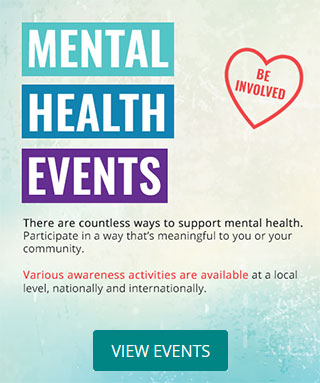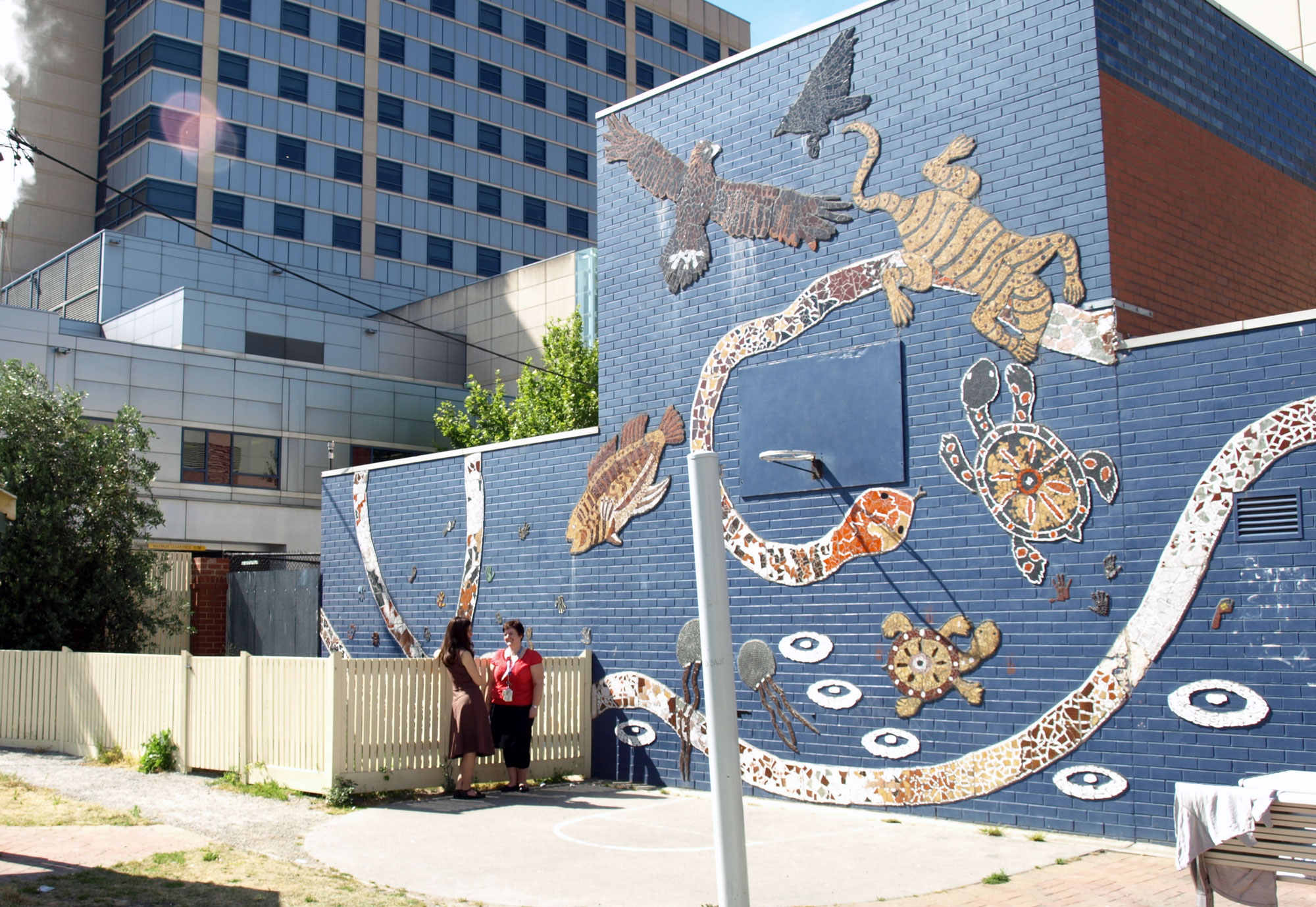Statewide Mental Illness Learning Exchange
Emerging information

In this section there is a focus on new information that will be of relevance to consumers, carers and clinicians. Check back often for updated content.
Health Translations
Health Translations is an initiative from the Victorian Government of Australia. Health Translations aims to improve the health and wellbeing of people from culturally and linguistically diverse backgrounds. They do this by providing health professionals and community members with reliable, accurate, and up to date health and wellbeing information in over 100 languages. You can also subscribe to their health related news.
Emerging mental disorders
Orygen: The National Centre of Excellence in Youth Mental Health is the world’s leading research and knowledge translation organisation focusing on mental ill-health in young people. The Emerging Mental Disorders Research team works to develop criteria for identifying young people presenting with non-specific symptoms who are at risk of progressing to a range of disorders such as psychotic disorders, severe mood disorder, mania, and personality disorders. Learn more.
Digital Dog
Digital dog is a research group within the Black Dog Institute working to use technology to solve common mental health problems. The Digital Dog team develop and test a suite of online mobile apps, websites and games to help lower depression, lower suicide risk, reduce stress and promote wellbeing. Learn more.
Mental Health Australia
Mental Health Australia is the peak, national non-government organisation representing and promoting the interests of the Australian mental health sector and committed to achieving better mental health for all Australians. It was established in 1997 as the first independent peak body in Australia to represent the full spectrum of mental health stakeholders and issues. Mental Health Australia members include national organisations representing consumers, carers, special needs groups, clinical service providers, public and private mental health service providers, researchers and state/territory community mental health peak bodies. Learn more.
Victoria’s mental health services annual report 2018-19
Victoria’s mental health services annual report 2018-19 is a tool for health services, staff, advocates, carers, consumers and the broader community to better understand the Victorian public mental health system and the services available for people with a mental illness.
Brain & Mental Health Research
The HMRI Brain and Mental Health Program blends the expertise of a unique and diverse group of researchers spanning basic neuroscience, psychology, clinical mental health, neurology and allied health. Our researchers are working to understand the intricate mechanisms underpinning human cognition, brain and nervous system disorders, mental health and wellbeing.
Legislation
Victoria is introduced new mental health legislation in 2014. The new Mental Health Act will promote a recovery framework, aim to keep compulsory treatment to a minimum, increase safety, and focus on improvements. Visit Department of Health – Mental Health Reform to learn more.
Royal commission
The Royal Commission will deliver an interim report by November 2019 and a final report by October 2020. The Victorian Government has already committed to implementing all recommendations. Read more.
The Commission has collected witness statements from consumers, families and carers and a range of other individuals. Witness statements are being published progressively over the coming weeks.
Emerging information
Frequently asked questions (FAQs)
Does Victoria have a mental health plan?
More than 1,000 Victorians were involved in development of the plan, including people with a mental illness, their families and carers, service providers, clinicians, workers, experts and community members.
How can I support mental health in the communtiy?
Mind Australia Limited lists their current volunteer vacancies on their e-recruitment system.
Wellways and Beyond Blue also offer volunteer roles.
Research
Research centres in Victoria
The Centre contributes to evidence-informed mental health policy and practice in Australia and internationally through the work of its four units: Global and Cultural Mental Health, Mental Health Policy and Practice, Population Mental Health and Recovery and Social Justice.
NorthWestern Mental Health research partners with the Royal Melbourne Hospital, University of Melbourne, Australian Catholic University and Deakin University to undertake clinical teaching and research in mental health.
Swinburne centre for Mental Health investigates the mechanisms involved in severe mental health disorders and ways to improve the lives of people with a severe mental illness.
Research centres in Australia
Integrating mental health and neurological research, teaching and clinical services at the at The University of the Sunshine Coast Mind & Neuroscience – Thompson Institute
The Australian National University Centre for Mental Health Research aims to improve the mental health of Australians through research, education, and policy development.
The University of Sydney Mental health and neuroscience research is committed to improving mental health care.
The University of Queensland Mental Health Research.
Mental Health in the School of Public Health incorporates research into risk factors, prevalence, burden and outcomes of mental disorders, as well as research and into the policy and services needed to reduce the population burden of these disorders. The School is affiliated with the Queensland Centre for Mental Health Research (QCMHR).
Mental Health News
Orygen the national centre of excellence in youth mental health news and events.
Google general mental health news
With special thanks to
Many people have contributed to the development of this project through research, focus groups, advice, information and ideas. We would like to acknowledge and thank all who have contributed and supported us in our endeavor.
Newsletters
Stay in the loop with our monthly newsletters!
If you are having thoughts of suicide, or severe self-harm please follow your crisis plan. If you do not have a crisis plan please call your treating clinician, therapist, general practitioner, one of the numbers listed below or go to the Emergency Department of the nearest hospital. In a life-threatening emergency ring 000.
Phone numbers and other supports that can be contacted in a crisis:
Life Line: 13 11 14 | www.lifeline.org.au
Sane Helpline: 1800 187 263 | www.sane.org






 The 2014 Act came into effect in July 2014. It introduced new principles to support people experiencing mental illness to make and participate in treatment decision (shared decision making) and to have their views and preferences considered and respected.
The 2014 Act came into effect in July 2014. It introduced new principles to support people experiencing mental illness to make and participate in treatment decision (shared decision making) and to have their views and preferences considered and respected.
